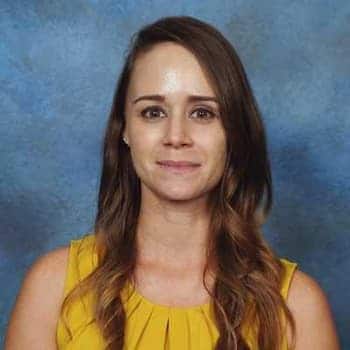Treatment strategies for conversion disorder include psychotherapy, physical therapy, and occasionally medication. Learn how to find treatment for yourself or a loved one.
Effective treatment forconversion disorderconcentrates on both the condition and any co-occurring disorders present. Most treatments for conversion disorder typically consist of psychotherapy, physical therapy and occasionally, medication. In some situations, patients have also found hypnosis to be of help in relieving symptoms. Treatment is typically tailored to fit the specific symptoms experienced by each individual.
Physical Therapy
Conversion disorder may causeuncontrollable movements, weakness, paralysis, tremors and difficulty walking or speaking. Depending on each person’s needs, treatment may include physical or occupational therapy, speech therapy or stress reduction techniques.
Physical or occupational therapy can improve symptoms related to movement, including muscle tightness and weakness. If the individual experiences paralysis or loss of mobility, physical and occupational therapy can also help slowly bring them back normal functioning.
Speech therapy can help a patient whose conversion disorder manifests in speech or swallowing problems. A speech therapist can teach the patient techniques that will allow them to relax their throat, making speaking or swallowing easier.
Treatment Can Be Life Changing. Reach out today.
Whether you are struggling with addiction, mental health or both, our expert team is here to guide you every step of the way. Don’t wait— reach out today to take the first step toward taking control of your life.
Stress reduction techniques may include meditation, muscle relaxation, breathing exercises, physical activity and exercise. Distraction techniques, such as listening to music or talking to loved ones, are also used to help the patient relax and cope with stressful events that may lead to conversion disorder.
Counseling
Even though the symptoms of conversion disorder are not imaginary, emotions and thought processes can impact the likelihood that a conversion disorder will develop. Counseling can help a patient to change their thought processes, which may, in turn, reduce the physical symptoms of conversion disorder.
Treatment options may includecognitive behavioral therapyto allow people living with conversion disorder to think more clearly and respond to thoughts in a healthier way. Cognitive behavioral therapy can also help the patient learn tactics to manage stressful life situations.
Family therapy may also be beneficial in addressing family dynamics that generate stress and symptoms of conversion disorder.
Hypnosis
Hypnosis issometimes used to alleviate the symptomsof conversion disorder. This style of treatment may involve focusing on a pleasant image to distract or direct a person’s thoughts away from symptoms.Hypnosis techniquesshould be only be administered by a professional who specializes in hypnosis.
Medication
There is limited evidence showing that medications can effectively treat conversion disorder. However, antidepressants have been shown to have some success.Antidepressantsmay be helpful if the patient also has co-occurring depression or other mood disorders, pain or insomnia, as the symptoms of these conditions can exacerbate a conversion disorder.
How to Find Treatment for Conversion Disorder for You or a Loved One
If you think you or your loved one may have conversion disorder, it’s important to seek treatment as soon as possible. The need for treatment is particularly urgent for those living with co-occurring conversion disorder and addiction.
The Recovery Village has locations across the country, staffed with mental health professionals who have experience working with patients who have co-occurring addiction and mental health disorders. To learn more,call The Recovery Village todayto speak with a representative.








